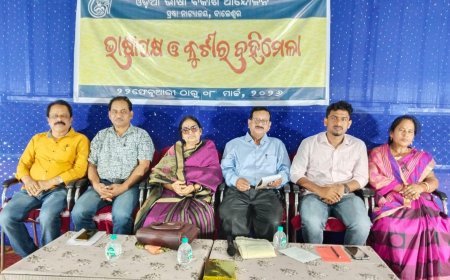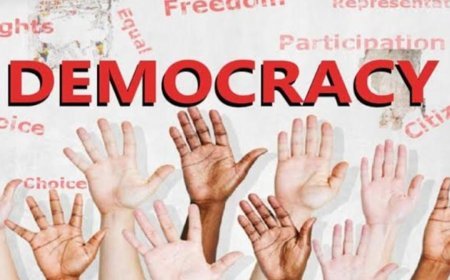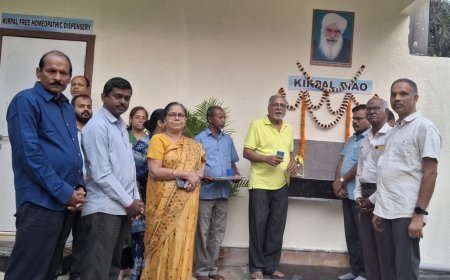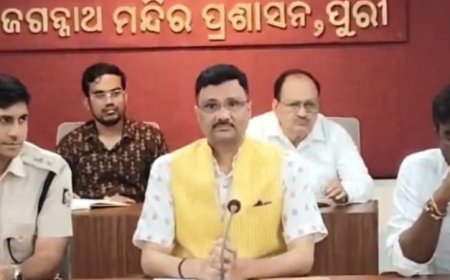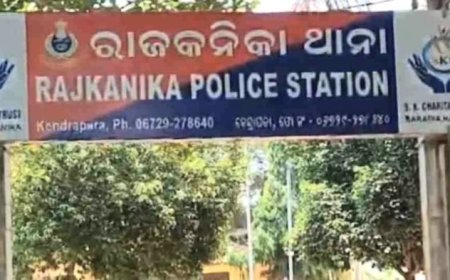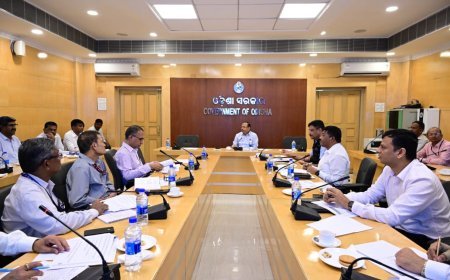Former J&K Governor Demands Apology from PM Modi After Pahalgam Attack

Former Jammu and Kashmir Governor Satya Pal Malik has issued a scathing critique of Prime Minister Narendra Modi's leadership, particularly in the aftermath of the April 22, 2025, Pahalgam terrorist attack. In an interview with journalist Karan Thapar for The Wire, Malik labeled Modi as "shameless" (besharam) and a "coward" (darpok), asserting that the Prime Minister must apologize to the nation for the security lapses that led to the tragedy.
The Pahalgam Attack: A Brief Overview
On April 22, 2025, five armed militants launched a brutal assault on tourists in Baisaran Valley near Pahalgam, Jammu and Kashmir. The attackers, equipped with M4 carbines and AK-47s, targeted primarily Hindu tourists, resulting in the deaths of 26 civilians, including a Christian tourist and a local Muslim. The assailants reportedly demanded that victims recite Islamic verses, executing those who failed to comply.
Malik's Allegations Against the Modi Government
Malik contends that the Modi administration had prior intelligence about potential threats in the region but failed to act decisively to prevent the attack. He criticized the government's inadequate security measures in an area known to host thousands of tourists, emphasizing that the lack of preparedness was inexcusable.
Furthermore, Malik accused Modi of lacking the courage to respond effectively to Pakistan's alleged involvement in the attack. He claimed that even if Pakistan were to withdraw its troops from the border, Modi would still hesitate to take action, suggesting a pattern of indecisiveness in addressing national security threats.
Broader Political and Security Implications
Malik's remarks have intensified scrutiny of the Modi government's handling of security in Jammu and Kashmir. The Pahalgam attack has not only resulted in significant loss of life but has also escalated tensions between India and Pakistan, leading to retaliatory strikes and a temporary ceasefire brokered by international actors.
Critics argue that the government's narrative of normalcy in the region is contradicted by such incidents, highlighting systemic issues in intelligence and security operations. Malik's allegations add weight to these concerns, calling for greater accountability and transparency from the highest levels of leadership.
Conclusion
Satya Pal Malik's candid criticism underscores the need for a thorough examination of the Modi government's approach to security and crisis management in Jammu and Kashmir. The Pahalgam attack serves as a stark reminder of the persistent challenges in the region and the imperative for robust, proactive measures to safeguard civilians and maintain stability.
Sanjay Pattnayak
Sundargarh








